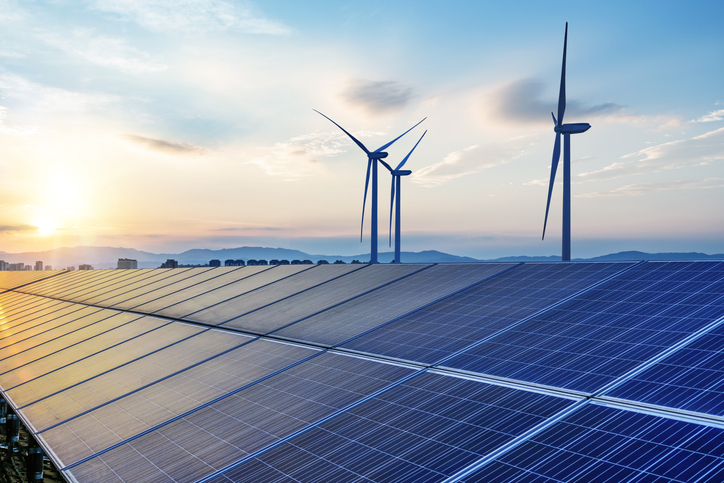
As the UK braces for potential electricity and gas price increases, businesses and households alike face mounting challenges. These price hikes, driven by global energy market volatility, infrastructure costs, and growing demand, highlight the urgent need for proactive monitoring and energy conservation. In this blog, we explore the reasons behind these rising costs and why conservation is a strategic necessity.
The Rising Cost of Energy: What’s Driving It?
Energy prices in the UK have been on a steady incline, and the trend shows no signs of abating. Several factors contribute to this rise:
- Global Market Volatility: The UK relies on imported gas and electricity, exposing it to fluctuations in international energy markets. Geopolitical tensions, supply chain disruptions, and fluctuating exchange rates all influence prices.
- Infrastructure Investment: Modernising the UK’s ageing energy grid and transitioning to renewable energy sources require significant capital investment, costs that are ultimately borne by consumers.
- Environmental Policies: While necessary for a sustainable future, carbon reduction targets and renewable energy initiatives come with costs that affect energy prices.
- Increased Demand: As businesses recover from the pandemic and households adopt more energy-intensive technologies, demand for electricity and gas continues to rise.
Why Monitoring and Conservation Matter
The combination of rising prices and environmental challenges makes energy monitoring and conservation more important than ever. Here’s why it should be a priority for everyone:
- Cost Management: By keeping a close eye on energy consumption, businesses and households can identify inefficiencies and implement changes to reduce usage, offsetting the impact of price increases.
- Environmental Impact: Reducing energy consumption not only lowers costs but also decreases greenhouse gas emissions. This aligns with the UK’s broader sustainability goals and helps combat climate change.
- Operational Resilience: Businesses that actively monitor and manage their energy use are better equipped to handle price fluctuations and supply disruptions, ensuring continued operations even during crises.
- Regulatory Compliance: As the UK government tightens regulations around energy efficiency and carbon emissions, proactive conservation measures can help avoid penalties and demonstrate leadership in sustainability.
Practical Steps for Monitoring and Conserving Energy
Effective energy management doesn’t have to be complicated. Here are actionable steps businesses and households can take:
- Invest in Energy Monitoring Systems: Smart meters and energy management software provide real-time insights into energy usage, making it easier to identify waste and take corrective action.
- Upgrade to Energy-Efficient Equipment: Replacing old appliances and machinery with energy-efficient models can lead to significant long-term savings.
- Adopt Behavioral Changes: Simple habits like turning off unused lights, unplugging idle devices, and adjusting thermostats can make a big difference in reducing energy waste.
- Leverage Renewable Energy: Installing solar panels, wind turbines, or other renewable energy systems can help offset reliance on the grid and reduce long-term energy costs.
- Perform Regular Audits: Periodic energy audits can help identify inefficiencies and track the success of conservation initiatives.
Turning Crisis into Opportunity
The potential increases in UK electricity and gas prices are undoubtedly a challenge, but they also present an opportunity for individuals and businesses to rethink their energy strategies. By embracing monitoring and conservation, we can reduce costs, protect the environment, and build resilience against future price volatility.
Energy is a critical resource, underpinning our economy and daily lives. As costs rise, proactive management and conservation become essential tools for navigating an uncertain future. Let’s turn this challenge into an opportunity to lead in sustainability and efficiency, creating a brighter, greener future for all.
